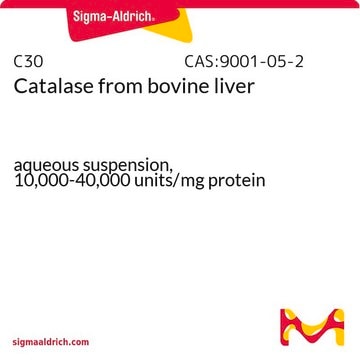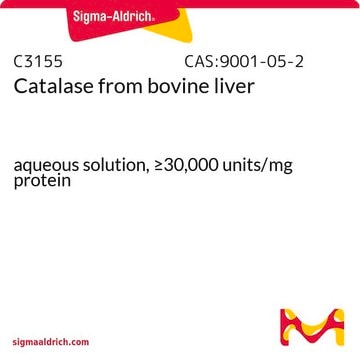MABN1843
Anti-SET (I2PP2A) Antibody, N-term Antibody, clone 10E7
clone 10E7, from mouse
Synonym(s):
Protein SET, HLA-DR-associated protein II, IGAAD, Inhibitor of granzyme A-activated DNase, PHAPII, I-2PP2A, Phosphatase 2A inhibitor I2PP2A, TAF-I, Template-activating factor I
About This Item
Recommended Products
biological source
mouse
Quality Level
antibody form
purified immunoglobulin
antibody product type
primary antibodies
clone
10E7, monoclonal
species reactivity
rat, human, monkey
technique(s)
western blot: suitable
isotype
IgG2aκ
NCBI accession no.
UniProt accession no.
shipped in
ambient
target post-translational modification
unmodified
Gene Information
human ... SET(6418)
General description
Specificity
Immunogen
Application
Neuroscience
Western Blotting Analysis: A representative lot detected endogenous monkey SET (I2PP2A) as well as full-length human SET constructs (Wild-type, R179A/K180A/R181A, K168A/R169A) exogenously expressed in COS-7 cells (Arif, M., et al. (2014). J. Biol. Chem. 289(40):27677-27691).
Western Blotting Analysis: A representative lot detected full-length Myc-tagged human SET (I2PP2A) and its N-terminal cleavage product (NCP) in transfected COS-7 cells. Only NCP and Asn endopeptidase-/AEP-cleaved N-terminal fragment I2NTF, but not the full-length SET, were detected in COS-7 co-transfected with full-length SET and AEP, while acidic pH treatment of the COS-7 transfectants resulted in the detection of only I2NTF, but not NCP (Basurto-Islas, G., et al. (2013). J. Biol. Chem. 288(24):17495-17507).
Western Blotting Analysis: A representative lot detected both endogenous SET (I2PP2A) in untransfected PC12 cells and exogenously overexpressed SET (I2PP2A) in PC12 rat adrenal pheochromocytoma cells.
Quality
Western Blotting Analysis: 0.5 µg/mL of this antibody detected SET (I2PP2A) isoforms in 10 µg of Jurkat cell lysate.
Target description
Physical form
Storage and Stability
Other Notes
Disclaimer
Not finding the right product?
Try our Product Selector Tool.
Storage Class Code
12 - Non Combustible Liquids
WGK
WGK 1
Flash Point(F)
Not applicable
Flash Point(C)
Not applicable
Certificates of Analysis (COA)
Search for Certificates of Analysis (COA) by entering the products Lot/Batch Number. Lot and Batch Numbers can be found on a product’s label following the words ‘Lot’ or ‘Batch’.
Already Own This Product?
Find documentation for the products that you have recently purchased in the Document Library.
Our team of scientists has experience in all areas of research including Life Science, Material Science, Chemical Synthesis, Chromatography, Analytical and many others.
Contact Technical Service







